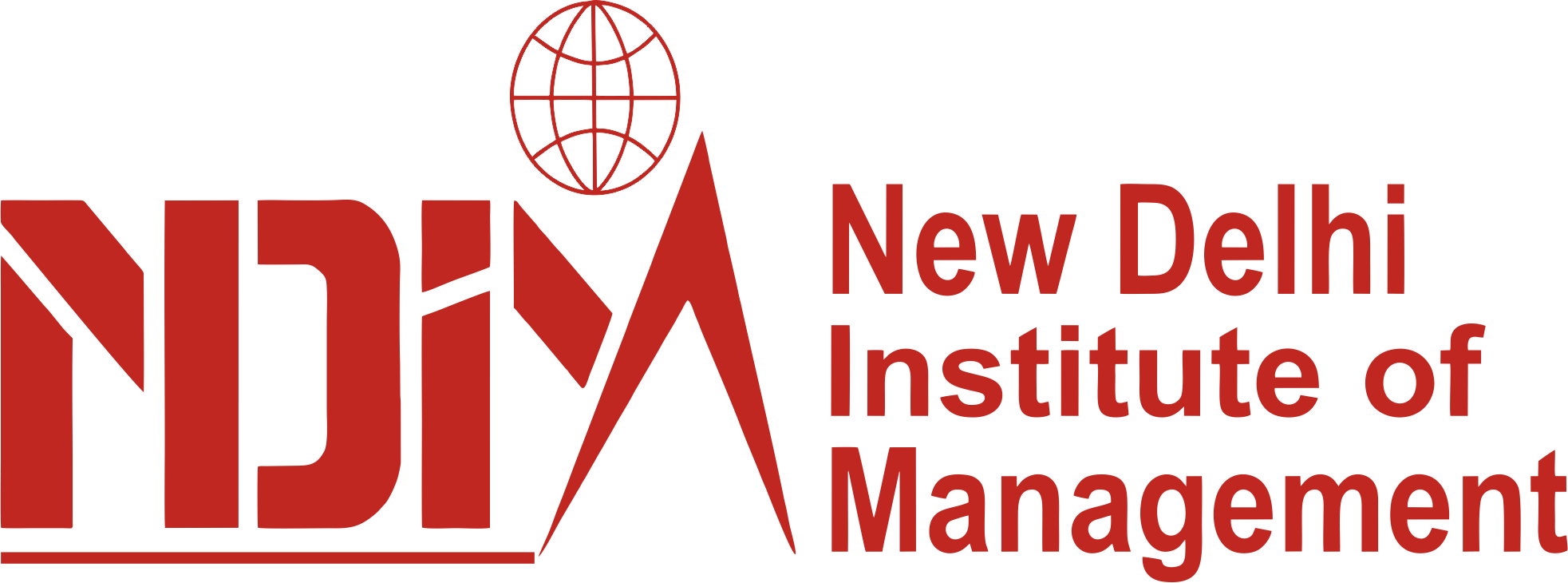The University Grants Commission (UGC) and the All-India Council for Technical Education (AICTE) are two important bodies in India that play a vital role in the regulation and development of higher education, particularly in the fields of arts, science, and technology. While both organisations have distinct roles and responsibilities, they share a common goal of ensuring quality education and fostering academic excellence in the country.
To know the difference between UGC and AICTE, you should first know about UGC and AICTE.
What is UGC?
The University Grants Commission of India (UGC) is an apex body that grants recognition to Universities under the Ministry of Human Resource Development. It is charged with coordination, determination, and maintenance of norms of higher education. UGC renders recognition to universities in India. The headquarters of UGC is in New Delhi and has six regional centres in Bhopal, Kolkata, Pune, Hyderabad, Bangalore, and Guwahati. It applies to universities only. Whichever course one enrolls for in any University, that University should be UGC recognised for that degree to be valid. Students should be aware of the Differences Between UGC and AICTE.
What is AICTE?
All India Council for Technical Education (AICTE) is the statutory body and a national-level committee for technical education that grants alliance to technical courses like B.Tech, MCA, MBA, M.Tech, etc for all the planning and coordination development of technical education and management education in India, AICTE holds the responsibility. The AICTE also sanctions graduates and postgraduate programs under explicit categories at Indian institutions as per its law. For a Technical course to be valid, your institute (not university) must be AICTE affiliated. AICTE association is not obligated for other Science, Commerce, and Arts & Humanities Courses. Any applicant pursuing a B.Tech Course from any university must be UGC-recognized and the college should be affiliated with AICTE. If both conditions are satisfied, then only the degree will be considered valid.
Application Invited for PGDM 2025 at NDIM
Here is a brief overview of the differences between UGC and AICTE:
UGC (University Grants Commission):
1.Role: The UGC is a statutory body established by the Government of India in 1956 under the UGC Act, 1956. It is responsible for the coordination, determination, and maintenance of standards of higher education in India.
2.Scope: The UGC’s jurisdiction extends to all universities in India, except for institutions of national importance like the Indian Institutes of Technology (IITs), Indian Institutes of Management (IIMs), and a few others. It also covers deemed universities and colleges that are recognized by the UGC.
3.Functions: The UGC performs various functions, including:
- Granting recognition to universities and colleges.
- Determining and maintaining standards of teaching, examination, and research.
- Providing funds to universities and colleges for development and research projects.
- Promoting innovation and research in higher education.
- Coordinating and monitoring the activities of universities and colleges.
AICTE (All India Council for Technical Education):
1.Role: AICTE was First Established in November 1945 as an advisory body and later on in 1987 The AICTE got a statutory body status by an Act of Parliament 1987 to regulate and develop technical education in India.
2.Scope: The AICTE’s jurisdiction is limited to technical education, including engineering, architecture, pharmacy, and other related fields. It covers institutions that offer diploma, undergraduate, and postgraduate courses in these disciplines.
3.Functions: The AICTE’s primary functions include:
- Approving and accrediting technical education institutions.
- Prescribing curriculum and standards for technical education.
- Promoting research and development in technical education.
- Providing funds to technical institutions for development and research projects.
- Regulating the fees charged by technical institutions.
In summary, while the UGC has a broader mandate covering all areas of higher education, the AICTE focuses specifically on technical education. Both organisations work together to ensure the quality and growth of higher education in India, contributing to the development of skilled professionals and promoting academic excellence.
NDIM, an AICTE-approved best PGDM college in Delhi has been instrumental in nurturing the dreams of numerous aspiring managers and propelling their ascent up the corporate ladder.
The management institute does not just focus on theoretical knowledge but also facilitates the overall growth of the students to help them take on the challenges of the corporate world. Its Corporate (Industry) Interface has been rated the best in India by AICTE-CII for 3 years in a row.
NDIM maintains a 100% placement track record, a fact validated by the Advertising Standards Council of India. To know more, visit our website at https://www.ndimdelhi.org/.
NDIM, an AICTE-approved best PGDM college in Delhi has been instrumental in nurturing the dreams of numerous aspiring managers and propelling their ascent up the corporate ladder.
All India Council for Technical Education (AICTE) is the statutory body and a national-level committee for technical education that grants alliance to technical courses like B.Tech, MCA, MBA, M.Tech, etc
The University Grants Commission of India (UGC) is an apex body that grants recognition to Universities under the Ministry of Human Resource Development. It is charged with coordination, determination, and maintenance of norms of higher education.
UGC has a broader mandate covering all areas of higher education, the AICTE focuses specifically on technical education. Both organisations work together to ensure the quality and growth of higher education in India, contributing to the development of skilled professionals and promoting academic excellence.
The UGC is a statutory body established by the Government of India in 1956 under the UGC Act, 1956. It is responsible for the coordination, determination, and maintenance of standards of higher education in India.
AICTE was First Established in November 1945 as an advisory body and later on in 1987 The AICTE got a statutory body status by an Act of Parliament 1987 to regulate and develop technical education in India
UGC has a broader mandate covering all areas of higher education, the AICTE focuses specifically on technical education.
UGC has a broader mandate covering all areas of higher education, the AICTE focuses specifically on technical education.
AICTE association is not obligated for other Science, Commerce, and Arts & Humanities Courses. Any applicant pursuing a B. Tech Course from any university must be UGC-recognized and the college should be affiliated with AICTE. If both conditions are satisfied, then only the degree will be considered valid


